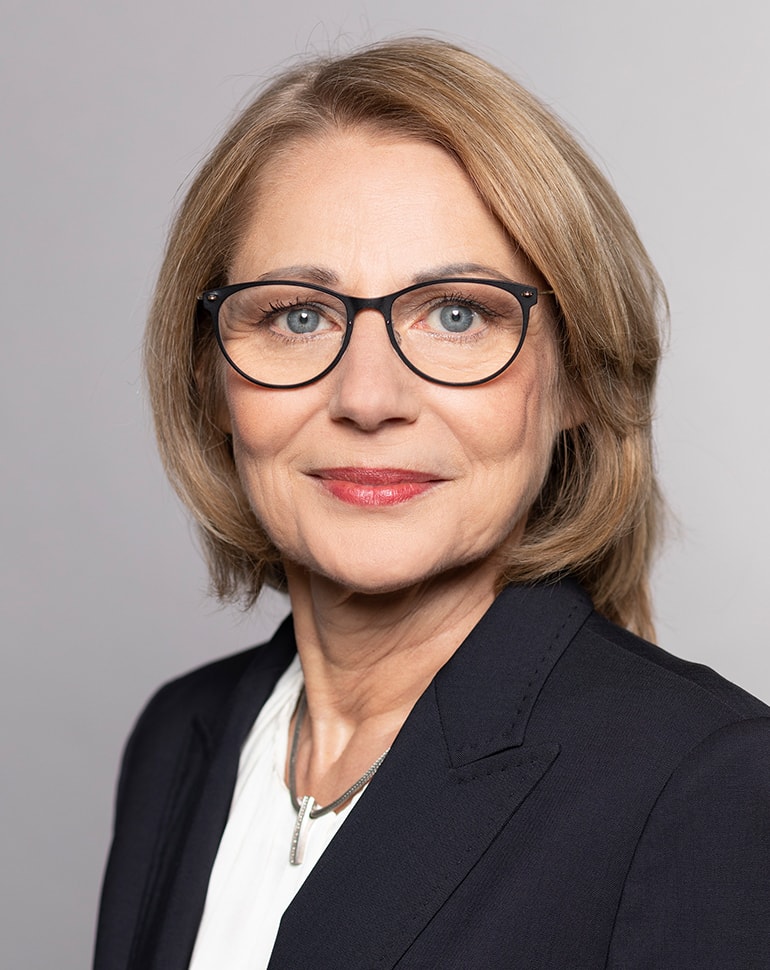Medical cannabis - cultivation and import
Demand for medical cannabis has steadily increased since the ability to prescribe and dispense it to patients with serious medical conditions was expanded in 2017. According to the German Federal Institute for Drugs and Medical Devices (Bundesinstitut für Arzneimittel und Medizinprodukte, BfArM), around 9,000 kilogrammes were supplied to pharmacies in 2021. So far and for the foreseeable future, this demand cannot be met by local cultivation; imports from EU Member States such as the Netherlands or Portugal, but also from third countries such as Canada, play an important role.
Cultivation, harvesting and processing of cannabis for medical purposes in Germany may only be carried out by companies selected in a Europe-wide tendering process by the Cannabis Agency established at the BfArM. To ensure the pharmaceutical quality of cannabis flowers, the requirements of Good Agricultural and Collection Practice (GACP), Good Manufacturing Practice (GMP) and the monograph "Cannabisblüten” (Cannabis flos) in the German Pharmacopoeia (Deutsches Arzneibuch, DAB) must be met.
The Cannabis Agency will act as a pharmaceutical entrepreneur and wholesaler. It buys the cannabis flowers and sells them to pharmacies in its own name at a fixed manufacturer selling price. A logistics provider has been appointed as the distributor, which was determined in a European selection process.
In principle, medical cannabis may be imported from any country that maintains a government agency that controls the cultivation of cannabis for medical purposes in accordance with Articles 23 and 28(1) of the 1961 Single Convention on Narcotic Drugs. The applicant must demonstrate compliance with this requirement.
To ensure that the cannabis is of pharmaceutical quality, the imported goods must have a EU GMP certificate and meet the requirements of the DAB monograph. The importer needs a wholesale licence under Section 52a of the Medicinal Products Act (Arzneimittelgesetz, AMG) as well as a licence under Section 3 of the Narcotic Drugs Act (Betäubungsmittelgesetz, BtMG), in which the varieties and quantities are listed.
Where such goods are imported from a third country, the importer needs an import licence according to Section 72 AMG, which in principle replaces the wholesale licence. Individual authorisation is also required for each import under the Ordinance concerning the Foreign Trade in Narcotics (Betäubungsmittel-Außenhandelsverordnung, BtMAHV). If applicable, authorisation is also required under Section 7 AMG, Section 1 of the Ordinance on radioactive medicinal products and medicinal products treated with ionising radiation (Verordnung über radioaktive oder mit ionisierenden Strahlen behandelte Arzneimittel, AMRadV) if the product is treated with ionizing radiation to reduce the bacterial count. A manufacturing licence may also be required under the Medicinal Products Act.
Luther assists clients in obtaining the necessary licences.
In the event of the legalisation of cannabis for recreational use, demand will initially have to be also met via imports. It is still unclear what the requirements regarding the quality of cannabis for recreational use will be. In its response to the minor interpellation of the CDU/CSU parliamentary group, the German Government stated on 11 February 2022, that it is not yet possible to answer how the legal regulations for cannabis for recreational use will be structured (Bundestag printed paper 20/551). However, since the new legal regulations are also intended to ensure that the quality of the cannabis dispensed in licensed stores is controlled, it is likely that the cannabis must be of reproducible quality that meets the requirements of GACP and EU GMP.
It is also completely unclear to date under which conditions local cultivation will be permitted. But here, too, the clear specification of standards is to be expected, as is a licence requirement.
Key Contact >>

